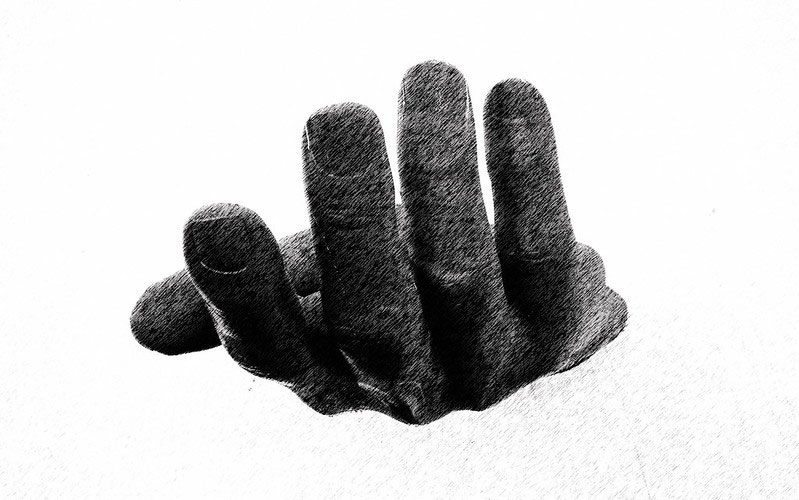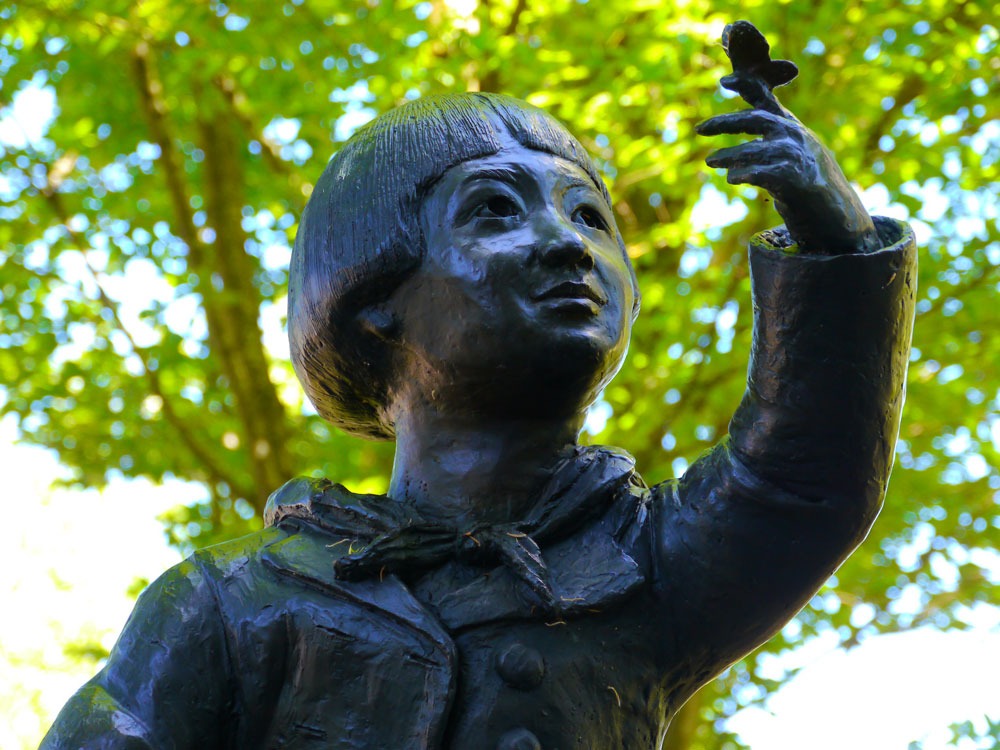
Fundraising is like any other business: customer loyalty is the Holy Grail.
The local butcher needs loyal customers to flourish. The baker requires repeat customers to stay open. And charities need loyal donors to survive and thrive.
That’s the job of fundraising: finding and retaining customers. We call them donors but they are customers, just the same. And loyalty is what matters.
You keep your donors by focusing on them. First, you develop loyal donors by operating as a donor-centered organization. Next, you launch a comprehensive relationship-building program to nurture the relationship. Your relationship-building program includes two key elements: donor-centered communications and extraordinary experiences for those donors.
Just try these equations:
Loyalty = Operating as a donor-centered organization + carrying out a comprehensive relationship-building program
The relationship-building program = Donor-centered communications + extraordinary experiences
Operating as a donor-centered organization
Everyone understands the concept of customer-centered. It’s old news, really. So charities need to get up to speed and embrace donor-centrism.
“Donor-centric” is another way of saying “building trust.” A donor’s relationship with your organization deepens or frays mostly based on how much trust you can create. Trust that:
- Donors play an essential, vital, central role in your mission’s success.
- Your organization does worthwhile things with donor gifts.
- Your organization conducts its operations efficiently.
Sadly, most organizations focus on their own needs and why their good work requires donations. That’s not good!
The donor-centered organization puts the donor at the center. “Because of your gifts, XX organization does this vital work.” “Your gifts created a comfortable home for our elders.” “With your gift, our elders live dignified, secure, and healthy lives.” “Because of you, the donor, XX organization challenges age discrimination in the Sudan.”
What research says
Sign up for our free newsletters
Subscribe to NPQ's newsletters to have our top stories delivered directly to your inbox.
By signing up, you agree to our privacy policy and terms of use, and to receive messages from NPQ and our partners.
To understand what donor-centered means, read Adrian Sargeant’s research about what donors want. Sargeant found that the following habits matter in the fundraising relationship: Thanking donors for their gifts; informing donors how their money is spent; responding quickly when donors contact the organization; being polite in communications; and more. Sargeant’s research also tells us that the overall perception of service quality provided by the fundraising department dramatically affects donor retention.
Creating relationships that last
So, first you behave in a donor-centered manner.
Then, you build relationships between the donor and the organization—say, the cause of elder rights and elder care. You engage donors in a “fight they can win.” You make donors part of the team fighting to overcome discrimination against elders and fighting against the poverty of elders.
Remember: Your fundraising program must include a comprehensive relationship-building program. You cannot just solicit. You strengthen the relationship to retain the donor, to nurture loyalty. Your relationship-building program includes two components: donor-centered communications and extraordinary experiences.
Donor-centered communications include some form of a regular donor newsletter. The donor is the hero in this newsletter. Of course, include a gift-response mechanism. And if your donor-centered newsletter is truly donor-centered and really good, you can sometimes make more money there than in a direct-mail letter.
But relationship building is more than the donor newsletter. Relationship building includes offering your donors some extraordinary experiences beyond the newsletter.
What’s an extraordinary experience? Something that makes the donor feel special. A memorable moment that the donor will describe to someone else. A chance to get closer to the cause.
As a donor to some cherished cause, ask yourself: When did you feel like you mattered the most? When did you feel like a hero? When did your cherished cause offer you an extraordinary experience?
As a fundraiser, consider experiences like these for your donors:
- Thank-you call from a board member.
- Insider update gathering explaining how XX organization spends donor money, where the donor can describe his or her impact.
- Gathering for the donor to talk with some of the beneficiaries that his or her gift helped.
- Invitation for the donor to share his or her philanthropic story—and maybe this is published in the donor newsletter or annual report, or posted on the website.
Keep your donors by building relationships that last
Think about this statement from British architect Sir Denys Lasdun (1914–2001): “Our job is to give the client…not what he wants but what he never dreamed he wanted; and when he gets it, he recognizes it as something he wanted all the time.” Just substitute “donor” for “client.”
Loyalty is the Holy Grail of fundraising. You produce that loyalty by operating as a donor-centered organization—and by executing a comprehensive relationship-building program that includes donor-centered communications and extraordinary experiences.
Does your organization do that?













